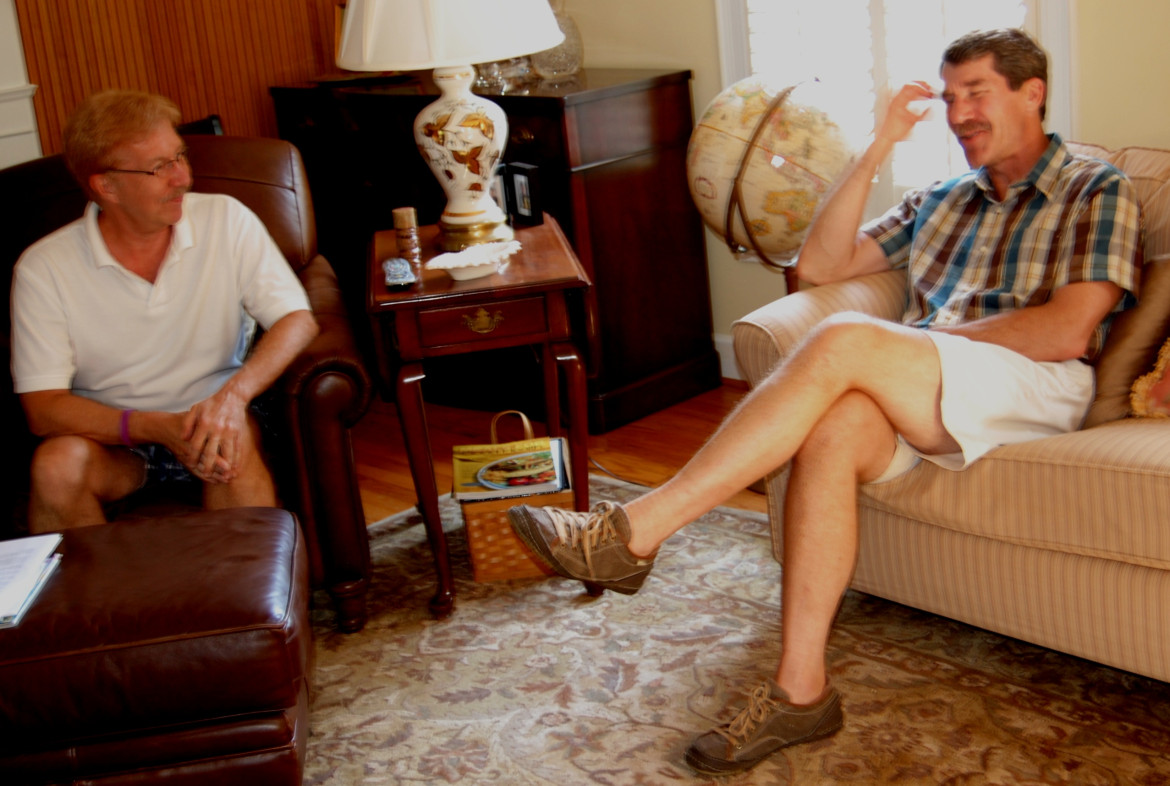Raleigh’s 2010 census data show same-sex and unmarried couple numbers increased, and husband-and-wife households decreased, while household sizes grew across the board.
Same-sex couples were counted for the first time in the 2010 Census. With 16,198 same-sex couples calling North Carolina home, the group now makes up 7 percent of all unmarried couples statewide and 8 percent in the Capital City.
Husband-and-wife households now account for 48 percent of all households in North Carolina; the total is 38 percent in Raleigh.
Unmarried couples of all types grew by 25 percent nationally in the last decade and now account for 12 percent of all U.S. couples. The number of unmarried couple households rose 55 percent statewide and more than 83 percent in Raleigh during the past 10 years.
Households headed by a male or a female with related children in the home account for 49 percent of Raleigh’s households, compared to 20 percent statewide.
North Carolina does not legally recognize marriages between same-sex couples, so the unmarried partner data was used for analysis. A proposed state constitution amendment may be voted on during a September special session to ensure only marriages between men and women are legally recognized.
According to Alex Miller, interim executive director of Equality, North Carolina, “Legislators need to be aware that the proposed anti-LGBT amendment will affect a larger percentage of our citizens than was previously understood, and that the friends, neighbors and co-workers of these couples will be unwilling to support a measure that enshrines discrimination against them into our state’s constitution.”

Dave Parnell (left) and his partner, Jeff Evans (right).
Jeff Evans’ reacted positively to Raleigh’s increasing number of same-sex couples in the census data.
“I think it is interesting and will raise awareness that we’re out there,” he said.
Evans’ partner of 22 years, Dave Parnell, agreed, but wondered if it was an accurate number.
“I think it’s a good start, but I think many same sex couples would have reservations about answering honestly when asked, with no protections against discrimination in place in our state,” he said.
Nationally, about one quarter of same-sex couples are raising children. In North Carolina, only 3 percent of same-sex households reported they had related children less than 18 years old in the home; the number in Raleigh is even lower at 2 percent.
Parnell believes the real number is probably higher.
“I think the same sex couples raising children is way under reported, based on our friends with children,” he said. “Perhaps there are reservations when asked the question by the federal government.”
Those concerns have been documented. According to the Williams Institute, a national think tank at the UCLA School of Law, the numbers may be undercounted. Concerns about confidentiality may have caused some same-sex couples to be fearful of identifying themselves. A survey conducted by the group found many did not choose the words “spouse” or “unmarried partner” to describe their relationship.
“I do think things will change as the general population realizes we are a part of their community,” Evans said.
